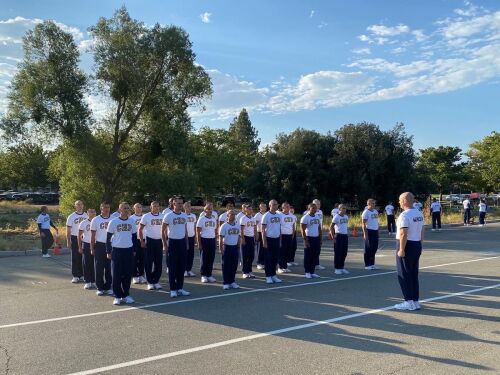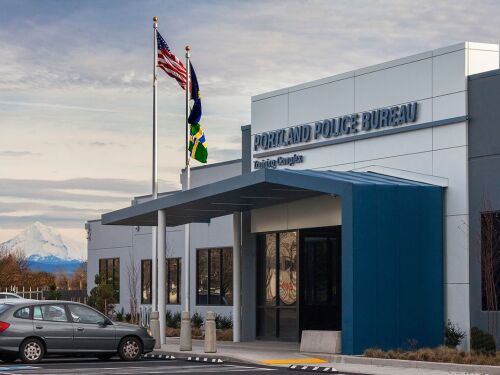By Police1 Staff
Police officer recruitment has been a challenge for the past five to 10 years and it will continue to be a challenge for most departments in 2024.
A recent BJA/COPS Office report, titled “Recruitment and Retention for the Modern Law Enforcement Agency,” provides valuable insights and recommendations that can be immediately implemented to enhance recruitment strategies. These recommendations are not just theoretical but are grounded in practical considerations and the current realities of law enforcement work. They reflect a comprehensive understanding of the complexities of modern policing and the evolving skill sets required in the field.
The following three strategies from the BJA/COPS Office report are particularly crucial for immediate implementation in 2024 to improve police officer recruitment:
1. Analyze community needs: The first strategy involves a deep and meaningful engagement with the community to understand their expectations and needs from law enforcement. This step is crucial for aligning the objectives of the police department with the community it serves. It involves an inclusive approach to gather input from various segments of the community, thereby ensuring that the recruitment process is responsive to the diverse needs and expectations of the populace.
How to: Conduct town hall meetings, focus groups and online surveys to gather input from various community segments, including youth, elderly, minority groups and business owners. The goal is to understand their specific safety concerns, desired police attributes and expectations from law enforcement. Use this direct feedback to tailor recruitment campaigns and job descriptions to attract candidates who are well-suited to meet these community-specific needs.
2. Modernize eligibility requirements: The second strategy focuses on updating the eligibility requirements for recruits. This update is vital to ensure that the recruitment process is in sync with the contemporary roles and challenges faced by police officers. This involves striking a balance between maintaining high standards and evolving these standards to reflect modern societal norms and the multifaceted nature of policing today. This strategy emphasizes inclusivity and adaptability in the recruitment process.
How to: Revise your department’s policy on visible tattoos, allowing them as long as they are not offensive or indicative of prejudice. This approach acknowledges societal changes and broadens the pool of potential candidates who reflect the diversity and values of the community.
3. Streamline the hiring process: The third strategy is about making the hiring process more efficient and less cumbersome for applicants. In a competitive job market, a protracted hiring process can deter potential recruits. Streamlining this process is not just about speed but also about making it more applicant-friendly and efficient. This involves leveraging technology, rethinking the frequency and methods of testing, and potentially providing interim employment opportunities for recruits waiting to start their academy training.
How to: Implement a rolling application and testing process. Instead of having set dates for application submission and testing, accept applications year-round and conduct smaller, more frequent testing and assessment sessions. This reduces waiting times for applicants and allows the department to process candidates more efficiently. Additionally, incorporating an online application system with automated initial screening could expedite the process and attract tech-savvy recruits.
Implementing these strategies requires a proactive and innovative approach, ensuring that the police workforce not only fills its ranks with qualified individuals but also builds a team that is reflective of and responsive to the community it serves.
NEXT: Dive deeper into the challenges and opportunities of recruiting Gen Z officers with expert insights from the Policing Matters podcast. From innovative training methods like VR to strategies for engaging families in the hiring process, this podcast offers actionable tips you can’t afford to overlook. Listen now to take your recruitment game to the next level!
Police1 is using generative AI to create some content that is edited and fact-checked by our editors.








